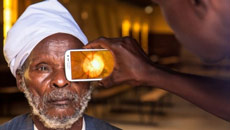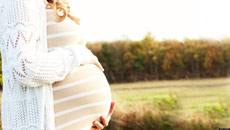What sounds better: a pizza that is 90 percent fat free or a pizza with 10 percent fat? You would rush for the pizza with first message although the choice is the same. The same principle applies when you choose your mate!
This is what scientists called 'framing effect' that comes in the picture when we choose a partner.
And the 'framing effect' is even stronger in women than it is for men.
"When it comes to mate selection, women are more attuned to negatively framed information due to an evolutionary phenomenon called 'parental investment theory’,” explained Gad Saad, a marketing professor at Concordia University in Canada.
Choosing someone who might be a poor provider or an unloving father would have serious consequences for a woman and for her offspring.
“So we hypothesised that women would naturally be more leery of negatively framed information when evaluating a prospective mate,” Saad added.
To prove their point, Saad and co-author Tripat Gill from Wilfrid Laurier University called on hundreds of young men and women.
Participants were given positively and negatively framed descriptions of potential partners.
They evaluated both high-quality and low-quality prospective mates for these attributes - in the context of a short-term fling or a long-term relationship.
More often than not, women said they were far less likely to date the potential mates described in the negatively framed descriptions.
Women also proved more susceptible to framing effects in attributes like ambition and earning potential, while men responded more strongly to framing when physical attractiveness was described, the study noted.
“The findings highlights how an evolutionary lens could help explain the biologicial origins of seemingly “irrational” decision-making biases like the framing effect,” Gill maintained.
The findings were published in the journal Evolution and Human Behaviour.





